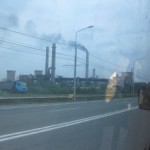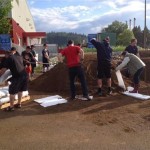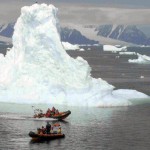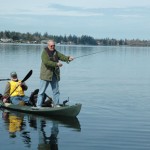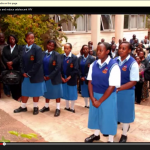 Stephen Leahy is an environmental journalist based in Uxbridge, Ontario.
Stephen Leahy is an environmental journalist based in Uxbridge, Ontario.
His writing has been published in dozens of publications around the world including New Scientist, The London Sunday Times, Maclean's Magazine, The Toronto Star, Wired News, Audubon, BBC Wildlife, and Canadian Geographic.
For the past few years he has been the science and environment correspondent for Inter Press Service News Agency (IPS), a wire service headquartered in Rome that covers global issues, and its Latin American affiliate, Tierramerica, located in Mexico City.
Stephen Leahy graciously allows Straight Goods to reprint his articles. However, he earns very little compensation for his valuable work. His solution is Community Supported Journalism.
If you'd like to invest in environmental journalism, contributions can be made safely and easily via PayPal or Credit Card online or by mail:
Stephen Leahy, 50 Enzo Crescent, Uxbridge, ON L9P 1M1
Please contact Stephen if you have any questions.
This article previously appeared on the InterPress Service wire.
Website: http://stephenleahy.net
 Stephen Leahy is an environmental journalist based in Uxbridge, Ontario.
Stephen Leahy is an environmental journalist based in Uxbridge, Ontario.